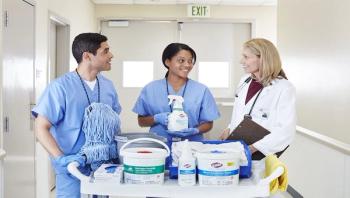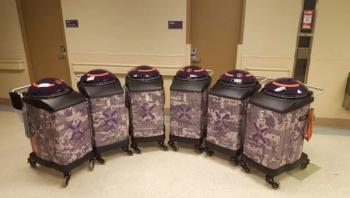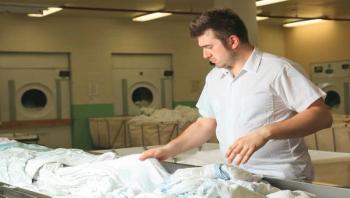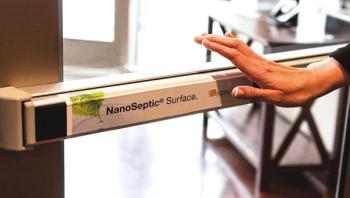
A new clinical study published in the American Journal of Infection Control confirms copper’s ability to continuously kill harmful bacteria in hospital settings. Grinnell College associate professor of biology Shannon Hinsa-Leasure, PhD, and her team conducted research over 18 months at Grinnell College and Grinnell Regional Medical Center (GRMC) in Iowa with more than 1,500 samples. The research found significantly fewer bacteria on copper alloy products such as grab bars, toilet flush valves, IV poles, switches, keyboards, sinks and dispensers than on traditional hospital room surfaces. In this case, products used in the study were made from CuVerro® copper alloys, one of several EPA-registered brands of antimicrobial copper materials.








